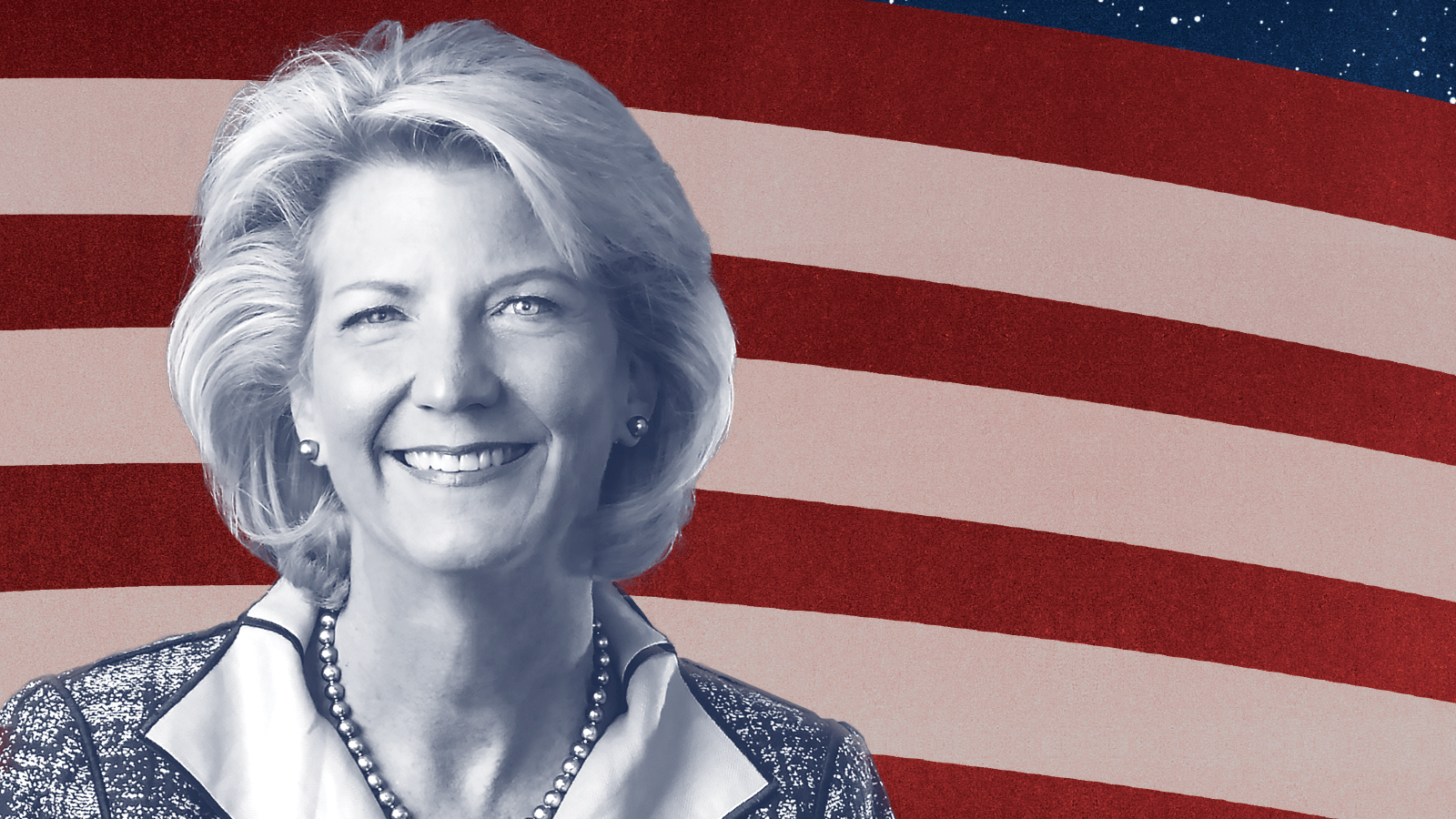This article is a response to CT’s November 2015 cover story, “The Power of Our Weakness.”
When I served as a vice president at a Christian college, I had a front-row seat on the deep cultural shifts described by Gerson and Wehner. Some of the students I counseled questioned their faith, others were searching for their identity, and others seemed confused by the pluralistic culture in which they were coming of age
By and large, however, students passionately wanted to follow Christ and make a difference in the world. They instinctively knew how to listen respectfully to those with whom they disagreed. These students were smart, eager, and seeking the best from their college experience.
Now, as president of the Council for Christian Colleges & Universities (CCCU)—an association of 180 Christ-centered institutions from 35 denominational and faith traditions—I am grateful for the lessons I learned from those students. They helped prepare me for this discordant time.
New thinking is always required when the broader culture shifts away from a biblical worldview. What is not new, however, is Christians facing the tension of being “in this world but not of it.” And we have clear examples of faithfulness expressed in radical engagement. We have examples from the early church up to Wilberforce, as well as contemporary examples like John Perkins. His echo of Jeremiah’s prayer “for the welfare of the city” launched the Christian Community Development Association. We also have as an example the abolitionist work of Gary Haugen and International Justice Mission.
These bridge-building coalitions have affected many sectors of our culture while holding to deep biblical convictions. The CCCU and its member institutions are likewise leaders in initiatives that, in Gerson and Wehner’s words, exhibit “the relentless defense of human dignity in the course of human events.” Our students learn to navigate the cultural landscape with the truth and grace of Christ. This is why, in a rapidly changing culture, Christ-centered higher education must be not only protected but also advanced.
It is not easy. Engaged Christians must be truthful, anchored, compassionate, and loving. What we cannot be is disrespecting, dignity-dismissing people. If Christians are to influence the cultural landscape, we must—now more than ever—cling to that which is beyond dispute: the redeeming truth of the cross and resurrection of Jesus Christ. This gospel message must be our starting point and our vision for every interaction. Only this message has the power to change hearts—our neighbors’ and our own.
God is not surprised by recent Supreme Court rulings or broader shifts in our culture. How can we rest in God’s sovereignty, believing that we will grow in our understanding of the Savior through these events and experiences?
Anchored by the Cross, the Resurrection, and God’s sovereignty, could we deeply disagree with our fellow citizens on cultural issues while wanting the best for each other? Could we, for example, suspend our first impulse to correct and instead approach the gay community, as Gerson and Wehner describe, with an attitude of kindness and humility, especially around the heartaches of youth suicide, bullying, drug abuse, and homelessness?
Christian colleges and universities must be places where students and Christian leaders face these questions. We must prepare the next generation of Christians for worldwide, lifelong engagement motivated not by fear but by unity, grace, and the gospel.
Shirley Hoogstra is president of the Council of Christian Colleges & Universities.










